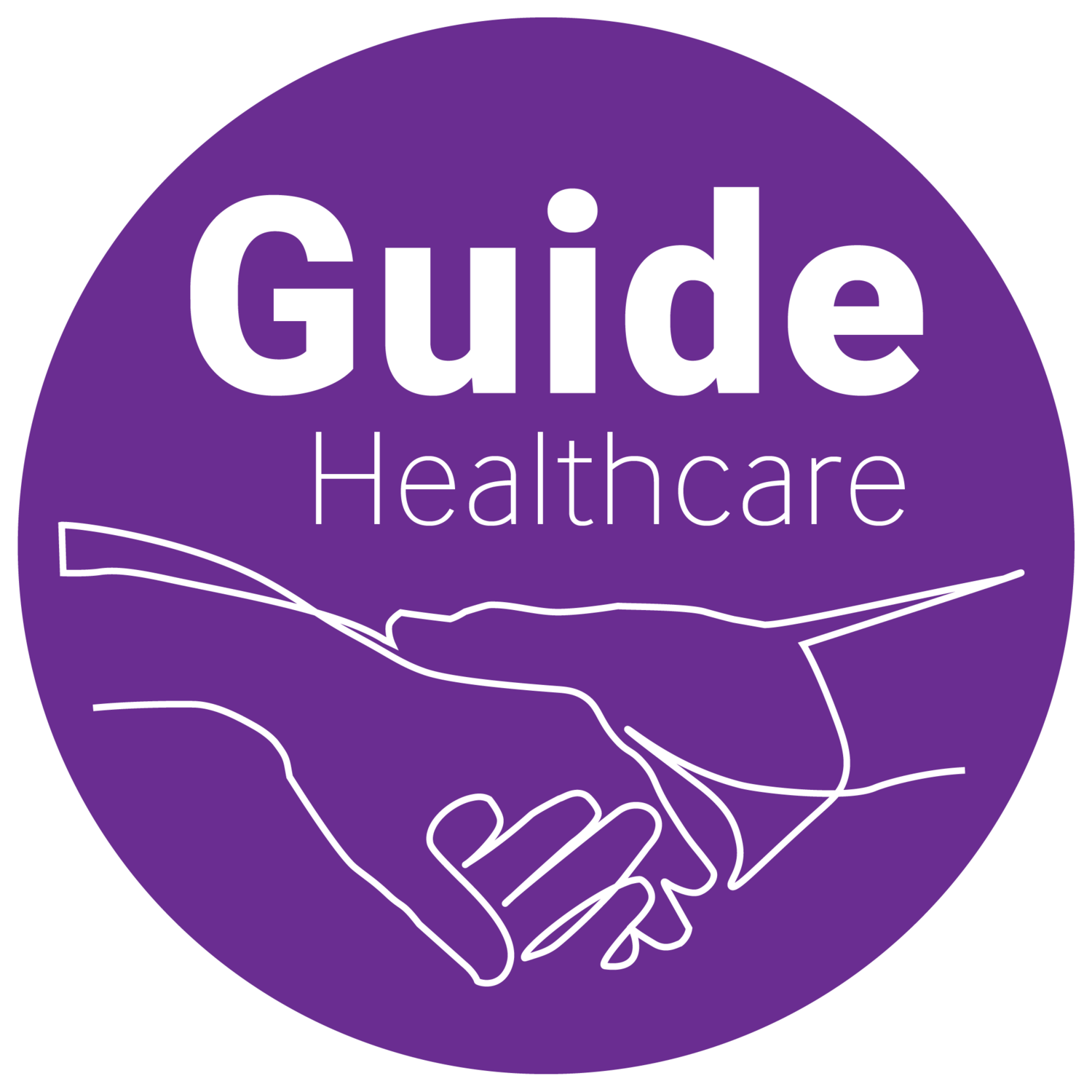
Home > Home Care > In-Home Podiatry
In-Home Podiatry
Podiatrists are experts in the prevention, diagnosis, treatment and rehabilitation of medical and surgical conditions of the feet and lower limbs. Whilst we spend a large portion of our days walking on our feet, our feet are regularly overlooked as an important part of our overall health and wellbeing. As we age, our feet tend to spread, and we lose the fatty pads that cushion the bottom of our heels and the balls of our feet. Changes related to arthritis, diabetes and circulatory disease are also common. If we are carrying extra weight, our bone and ligament structure may also be affected. Older people regularly normalise pain or discomfort in their feet. However, many conditions can be easily treated with podiatric care.

Home Care Podiatry Service
Podiatry plays an important role in maintaining an older person’s foot and lower limb health, mobility and independence and managing falls risk.
Guide’s podiatry service includes:
A comprehensive initial and ongoing assessment of the general foot health in the person’s home; including skin integrity and build up, nail health, foot deformities, pressure areas and risk, and circulation issues
Development of individual care plans to ensure their foot care needs are appropriately met
General podiatric treatments including the management of nails, skin build up and calluses, fungal infections and ingrown toenails
Specialists diabetic foot care including the management of diabetic ulcers
Treatment plans for the management of foot deformities including bunions, claw or hammer toes
Free basic orthotic prescription and moulding for suitable residents
Assessment and treatment of acute and chronic painful musculoskeletal conditions of the foot, ankle and lower limb
Gait assessment and exercise prescription to assist with mobility and falls risk
Footwear reviews and education to assist with reducing an older person’s pain experience and falls risk
Education and training for family members, friends and carers to assist them to better maintain the foot health of the older person
Regular visiting schedules are established and communicated via a preferred method for each person. This may include via phone call, email, text message, appointment card or by writing it on the persons calendar in their home.

Compliance Documents and Head Office Support
Our dedicated head office team are available 5 days per week to ensure a timely response to any of your podiatric care needs.
All compliance documentation is collected, stored on our online compliance portal with copies provided to you including police checks, AHPRA registration, statutory declarations and insurance information to ensure you are meeting the requirements of Australian Aged Care Quality Standards.

Infection Control
Every Guide Healthcare homecare podiatrist takes infection control very seriously. Our infection control procedures are in line with guidelines provided by the Australian Podiatry Association. Our aim is to reduce the risk of exposure and transmission of infection. To ensure our standards are maintained, regular reviews and planned audits are scheduled and conducted.

Managing Falls Risk at Home
Falls are a major cause of morbidity and mortality in older adults. It’s very important that we take a proactive approach to falls prevention for older people living at home. This should incorporate a multidisciplinary team approach, which includes the involvement of an experienced homecare podiatrist. The Guide Healthcare podiatry team are experts at reducing an older person’s risk of falling.
Poor footwear significantly increases an older person’s falls risk and is a contributing factor in many falls which occur within the home. As a standard inclusion, Guide Healthcare homecare podiatrist offer comprehensive footwear assessments and recommendations to improve balance, mobility and prevent falls.
Guide’s footwear assessments are specific to common foot conditions such as bunions, oedema and deformities as well as disease processes associated with diabetes, arthritis and peripheral vascular disease. Comfortable, well-fitting footwear can significantly improve quality of life and reduce falls risk.

FAQs
What are some good tips to keep your feet healthy as you age?
According to the Australian Podiatry Association, the following are great foot health tips:
Properly fitted shoes are essential. The older you get, the more you need shoes that hold your foot firmly in place and provide adequate support. Floppy favourites can make you unstable and should be thrown out as they can lead to falls.
A shoe with a firm sole and soft upper that can be laced, buckled or strapped to the foot is best for daily activities
Walking is a good exercise option for most people’s feet
If you have reduced circulation, diabetes, or reduced fatty padding under your feet, avoid going barefoot even in your own home
Don’t use over-the-counter corn products unless they were recommended by your podiatrist as they may do more harm than good
Bathe your feet daily in lukewarm (not hot) water using a mild soap, then use a moisturiser separately
Trim or file your toenails so they are slightly curved just short of the end of the toe
Inspect your feet every day or have someone do it for you. If you notice any redness, cracks in the skin or sores, consult your podiatrist.

Contact us.
General Enquiries
admin@guidehealthcare.com.au
02 9663 0387




